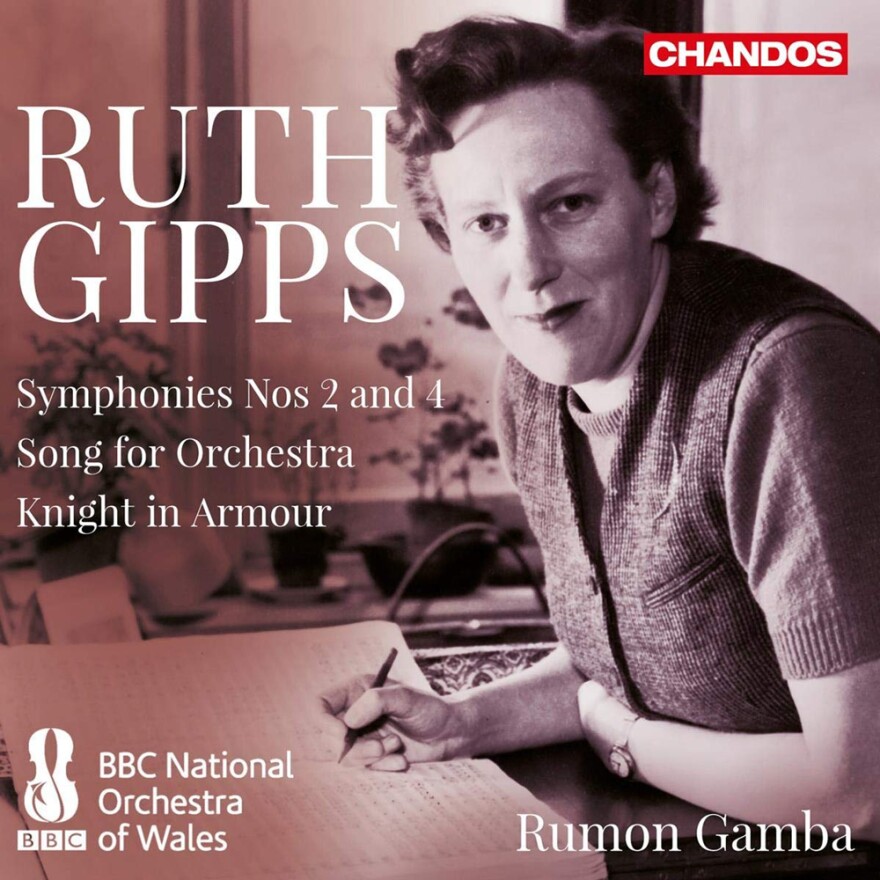March 23, 2020. Twentieth-century English composer Ruth Gipps was a consummate musician of the broadest skillset. She came of age during World War II and navigated her 50-year career, from the 1940s to '90s, not unlike many musicians of today’s gig economy. Juggling orchestral playing, solo performances, studying, teaching, conducting, and composing—Ruth genuinely excelled at every one.
All this belies two facts, First, that a hand injury forced the end of her piano-playing at just 33 years of age. And second, that she was rejected a spectacular number of times for important opportunities, often on account of dismissive views such as it being “bad form” to be called Dr. Gipps when conducting and her alleged “conceit” on offering (apparently with more ambition that was deemed ladylike) to learn a whole concerto in a month.
The achievements she did make transcended those dismissals and came only through hard graft, her unbounded spirit, and the support of a small number of male figures in the establishment, composer Arthur Bliss and conductor Malcolm Sargent.
Also, some of these achievements, like conducting the London Chanticleer Orchestra, were only possible through Ruth’s selfless service to the music—sometimes she worked for no fee when no one could come up with the money. Her commitment to paying it forward (even when she herself was often not paid) was noteworthy. Promising young soloists were cultivated under her baton, including artists who went on to flourishing careers in our own era, like cellist Julian Lloyd-Webber.
Like many composers and their work, Gipps' music reflects things and people close to her. She wrote for those she knew—clarinet works for her husband Robert Baker and violin works for her brother Bryan. Some of her most successful scoring showcases the oboe and english horn, drawing on her own talent and insight as a player of both instruments.
While Ruth was certainly a woman of the 20th century, her music does sound as if it’s from an earlier time. Many describe it as late Romantic, belonging more to the late 1800s than her own time. This might, at least in part, be due to her teacher being Ralph Vaughan Williams whose own music often has a pastoral quality that didn’t ever really push forward toward a new musical language as many of his contemporaries’ did.
This Classical Album of the Week features two of Gipps’ symphonies, nos. 2 and 4, paired with two shorter works, Knight in Armour Op.8 and Song for Orchestra Op.33. The Fourth Symphony (which incidentally has never been recorded before this landmark release) and the Song for Orchestra are especially exquisite for both the color and lyricism Gipps achieves in her solo oboe and english horn writing.
The sweetness of the Song for Orchestra is countered by the confident, bold, brassy moments of the Knight in Armour - showing Gipps' range. Tune in to hear WRTI’s first-ever broadcast of Gipps' Symphony No. 4 as well as the rest of the works on this album throughout the week.

